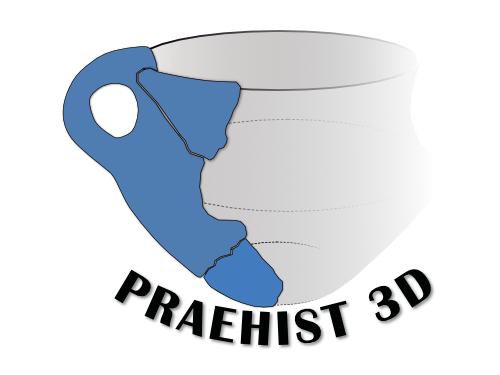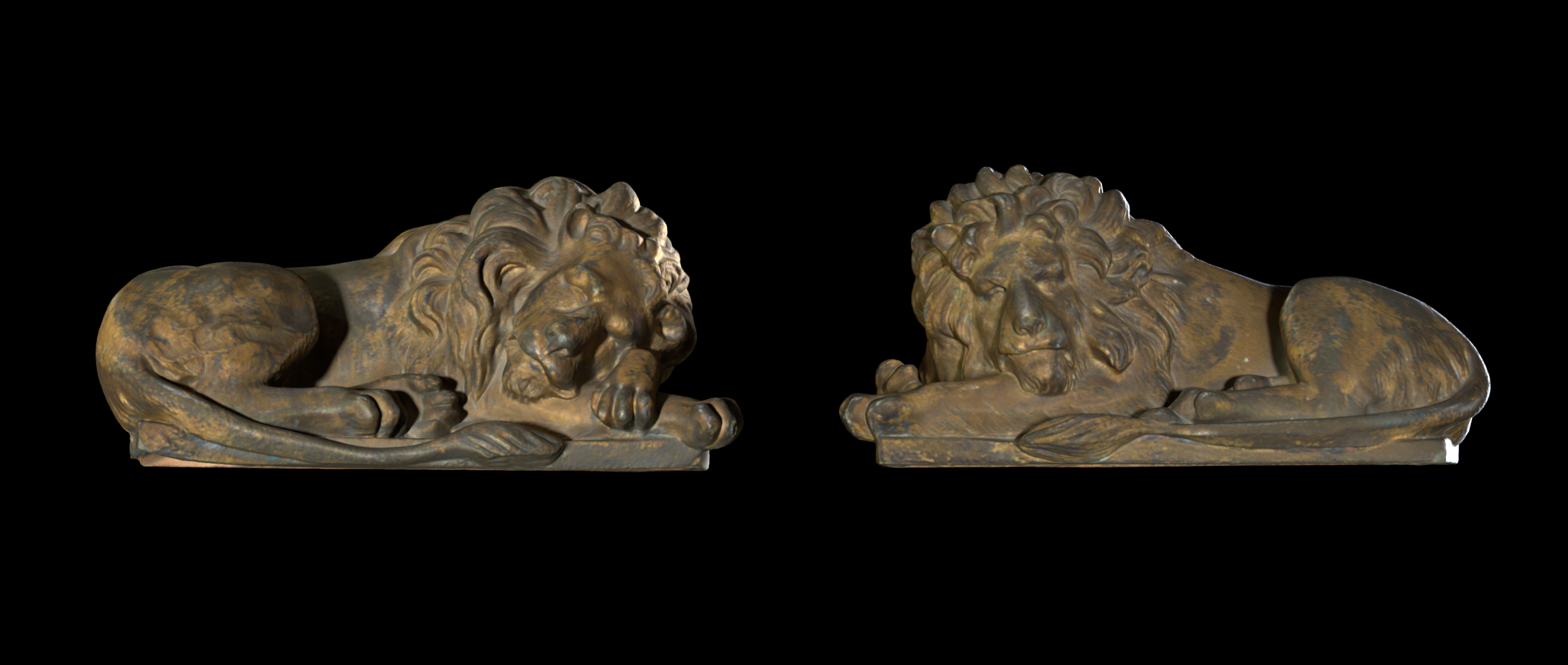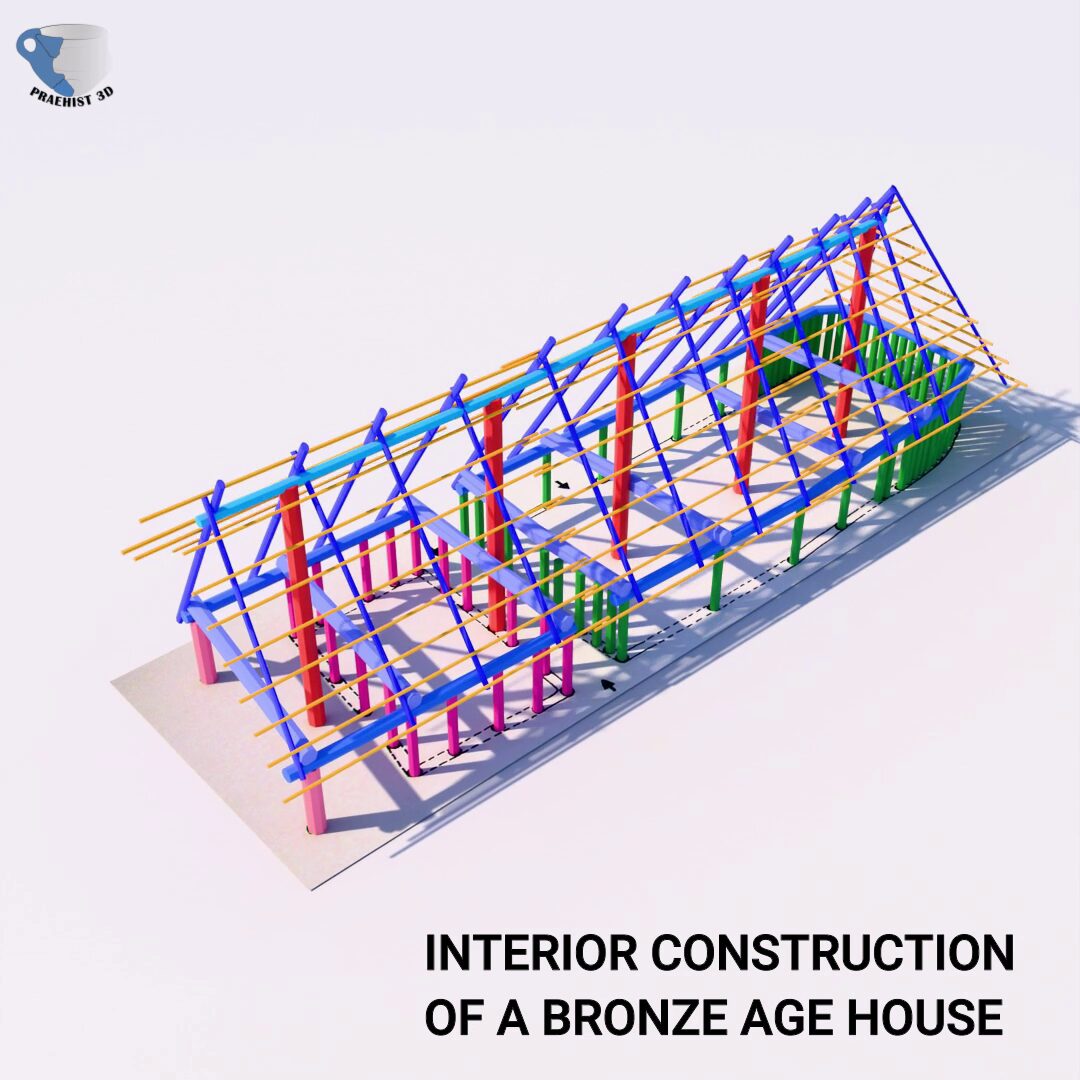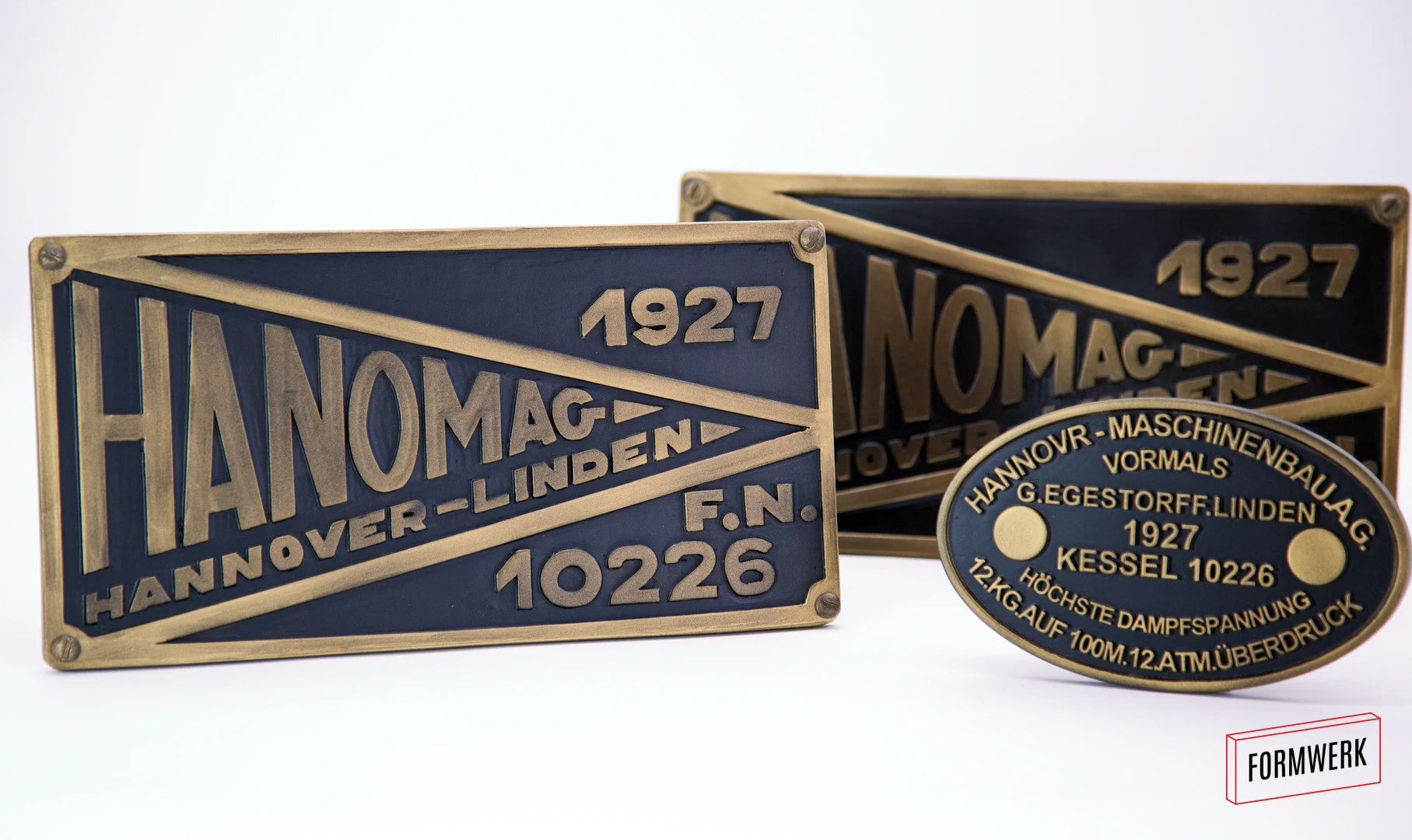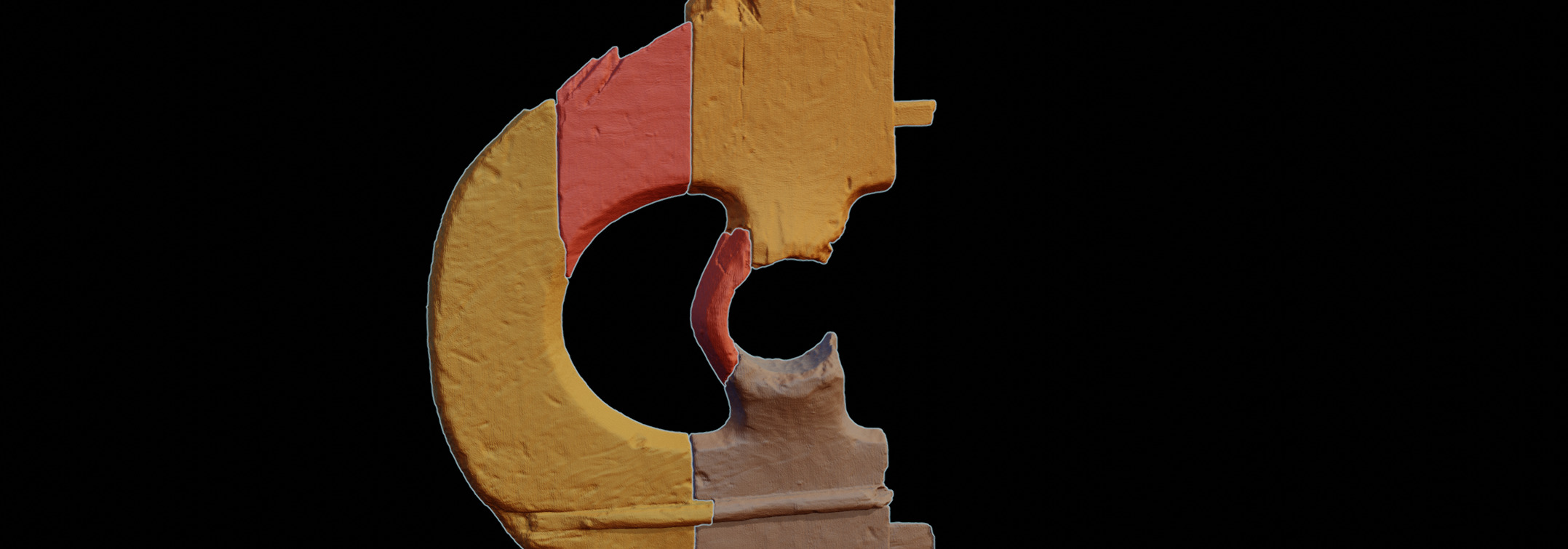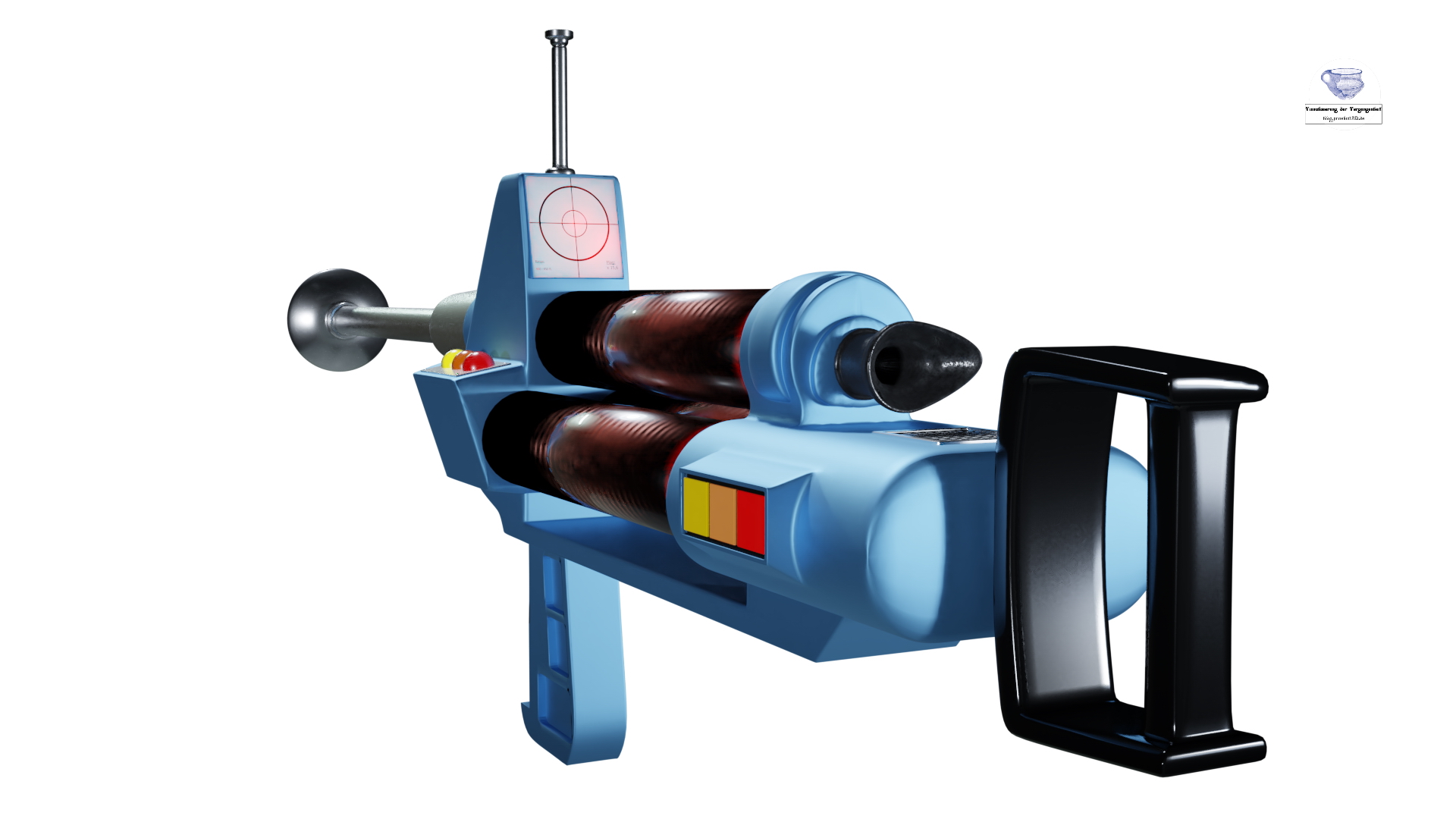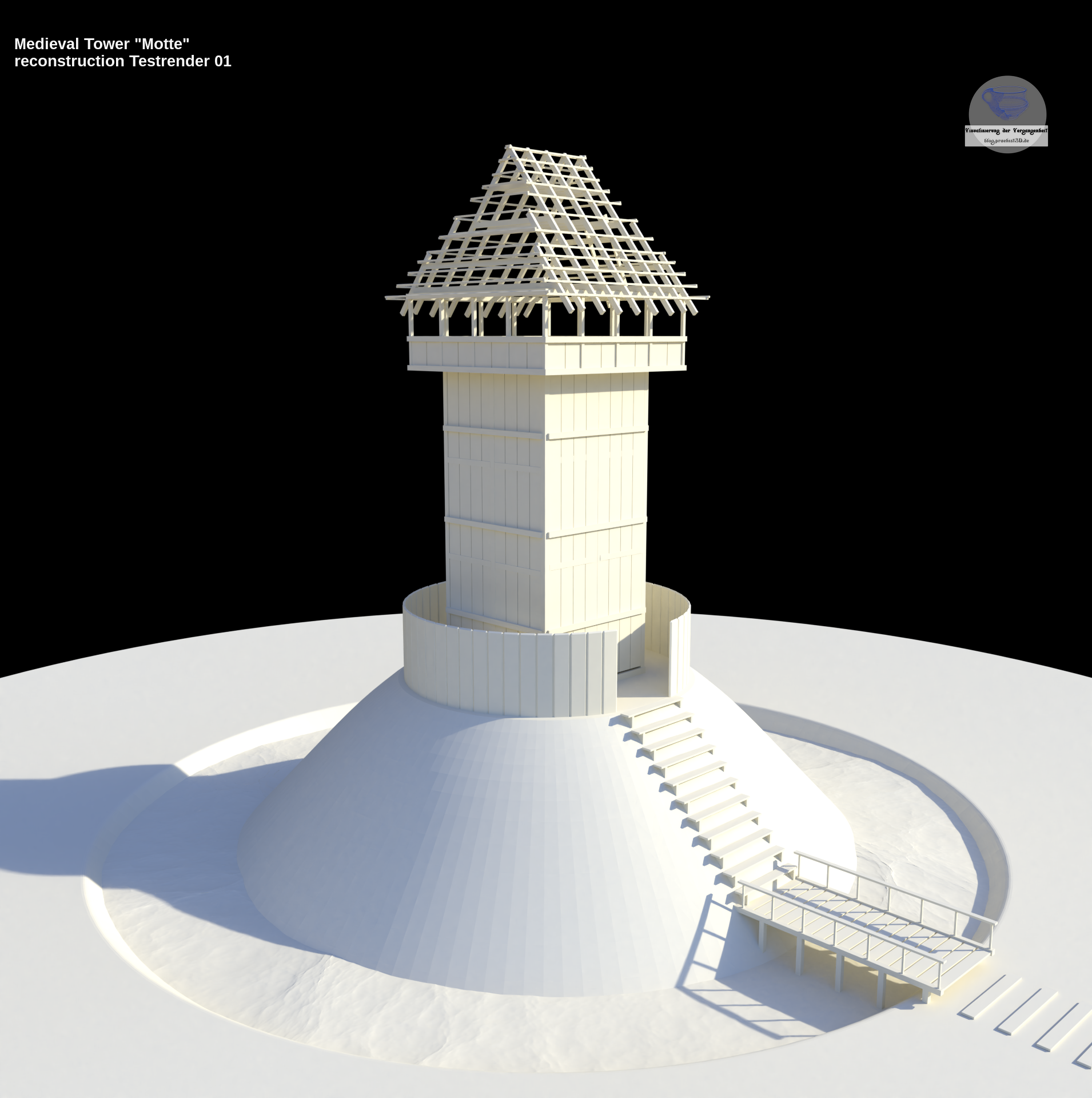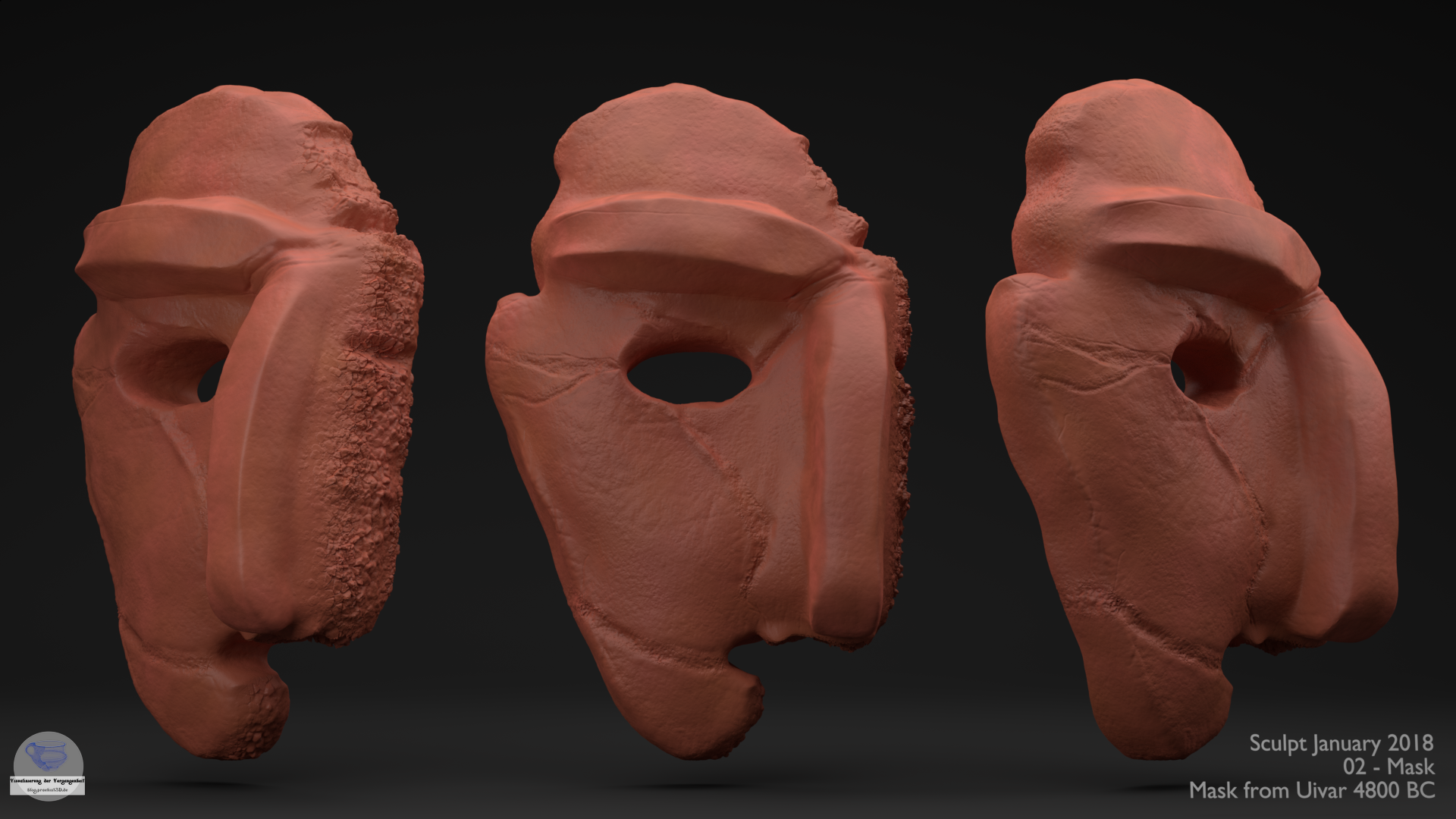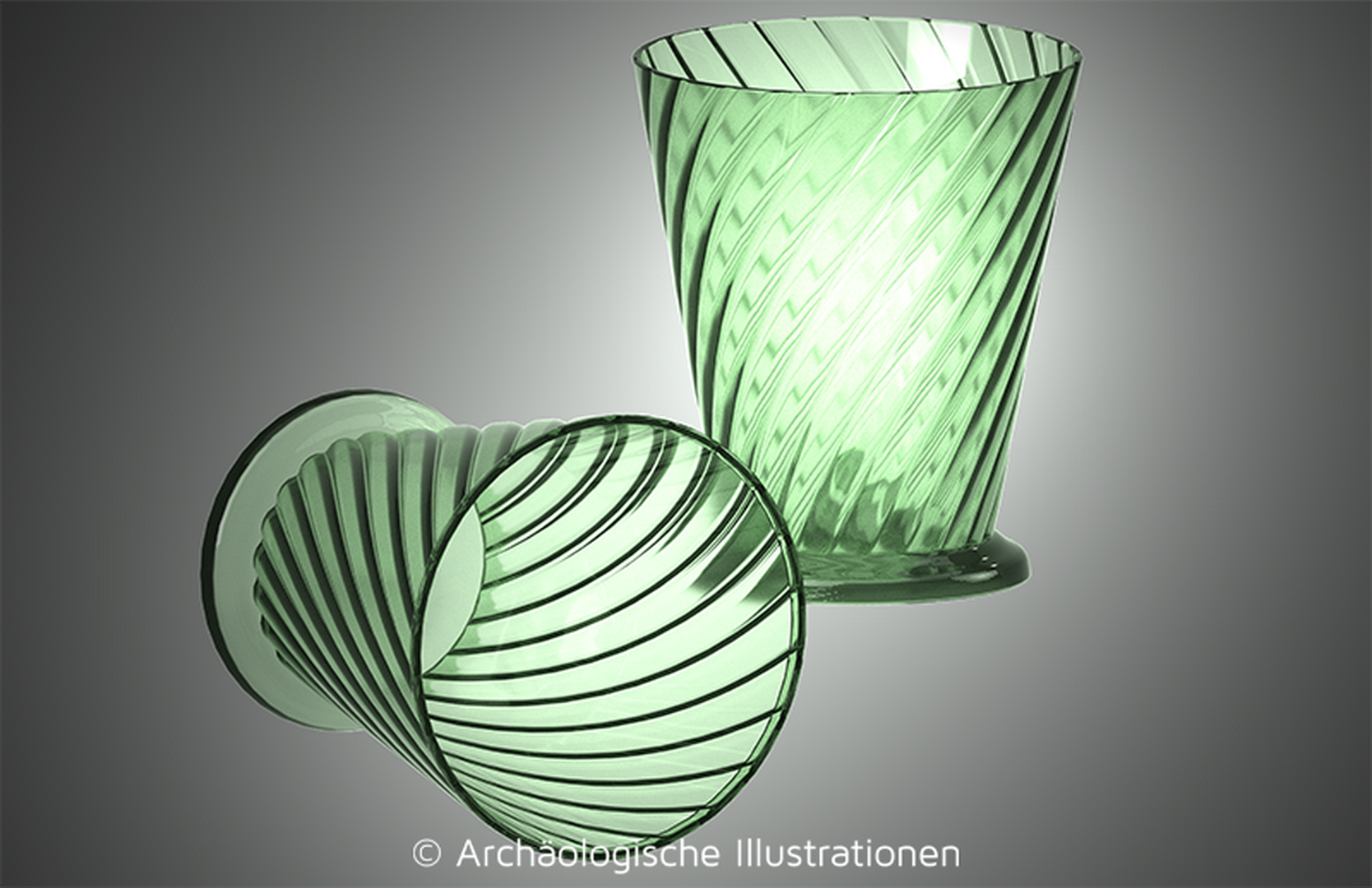3D scans for furniture restoration can generate considerable savings, as complex applications do not have to be reproduced manually but can be duplicated digitally. After digitization, these can be reproduced as often as required. And thus become part of your digital parts warehouse. In this example, two lion figures were to be replicated. These flank…Continue reading3D scans for furniture restoration
Category: reconstruction
The documentation of wood finds on excavations is always a race against time. As soon as the wood finds are uncovered from their sealed environment, they react with our oxygen-rich atmosphere and begin their decay process. There are various ways of slowing down these processes. Immersion baths, oxygen-sealed storage or stabilization with preservatives are the…Continue reading3D scans of wooden objects
Traces in the ground are usually the only remains of prehistoric buildings. For the most part, only traces of the former posts or their holes and ditches of varying depth have survived. These can be categorized according to their nature (diameter, depth, content, etc.) and assigned to different structural elements of the former building. This…Continue readingSHORT Post – components of a Bronze Age house animation
Restoring railways is a complex and expensive undertaking. Replacing individual signs and plaques is particularly difficult, as these are also popular with collectors, which can significantly increase their price – if these spare parts are even still available. 3D printing can provide a cost-effective solution here and help to restore the overall visual impression of…Continue reading3D printing: locomotive plate replicas
Why do you actually need 3D scans as an archaeologist? I have the originals in the magazine and can examine the original if in doubt! This attitude is widespread and is often expressed. And as an archaeologist, I can absolutely understand this attitude. Nevertheless, I would like to outline the advantages of 3D scanning using…Continue reading2400 Year Old Wooden Wheel 3D Scanned and Digitally Reassembled
I know this is not a typical archaeological topic, but I am a massive fan of Star Trek and thought it would be fun to reconstruct a movie prop from the beginning of SCIFI movies. So please forgive me for not staying on topic and enjoy the model. Next time it will be archaeology again,…Continue readingReconstructing a 60s Star Trek phaser rifle
A quick attempt at reconstructing a medieval motte, a hybrid between a castle and a fortified house. Buildings like this existed throughout Germany and provided security for smaller villages. Everything was created in Blender 3D 2.79.Continue readingSHORT Post – 3D concept of a medieval Motte
SHORT Post – the mask from Uivar
This year I’m participating in the Sculpting January Challenge. The goal is to become a better sculptor by creating 31 models in one month. On January 2nd, the theme was masks, so I tried to recreate the mask from Uivar (Romania). The object was found in the early 2000s during an excavation by the Free…Continue readingSHORT Post – the mask from Uivar
This article is a guest article by Martin Wagner. In it, he presents some reconstructions of glass objects that were reconstructed in AutoCAD. Glass is a particularly fragile material that is usually found in a very shattered state during excavations. It is rare that a complete vessel can be reconstructed from the fragments found. The…Continue readingGuestpost: “glass reconstruction in 3D”
Update 29.05.17 Hello, if you run into dead ends in the tutorial or if anything is unclear, I would appreciate a short feedback to explain these problems here and avoid them in a subsequent video. Original post In this post, I would like to briefly show how a vessel can be reconstructed into a complete…Continue readingPottery reconstruction with Blender 3D
